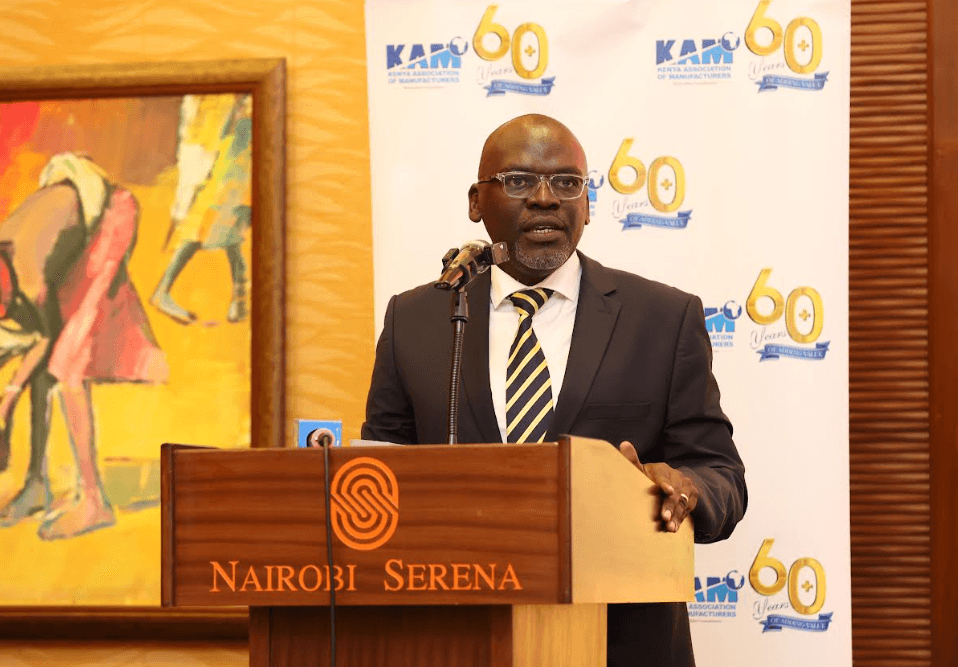.jpg)
“It was the best of times, it was the worst of times, it was the age of wisdom, it was the age of foolishness”.
This is the opening line in the novel A Tale of Two Cities by Charles Dickens. The novel is set against a backdrop of the turbulent times leading up to and during the French Revolution.
At the start of the revolution, many religious leaders and clergy in France were sympathetic to the revolutionary cause.
The church had long witnessed the abuses and corruption of the French aristocracy, the neglect of the poor, and the widening gap between the wealthy elite and the suffering populace.
Aligning with the revolution initially seemed like a moral choice and a way to be on the side of the oppressed, advocating for justice and change.
The clergy saw this as a chance to bring their moral authority to bear on the new social order and to ensure that the principles of equality and fairness are integrated into the emerging governance.
For the church, the revolution was about aligning itself with the broader movement of the people.
The revolutionary leaders spoke of liberty, fraternity, and equality.
These values echoed with Christian principles of love, community, and justice.
Many religious leaders believed that backing the revolution could help shape a new France, where the dignity of every human being was respected, and where the powerful were held accountable for their actions.
They saw the revolution as a possibility of redemption for their nation and hoped to guide this energy towards a more virtuous and just society.
However, the revolution quickly took a dark turn.
It became increasingly militant and violent culminating in the Reign of Terror. Some of the revolutionary leaders began to prioritize ideological purity and political control over the principles of justice and equality that had once inspired the revolution.
What started as a movement for the oppressed backed by the church, turned into a regime of fear, where accusations of disloyalty and counter-revolutionary sentiments were met with swift executions, often without fair trials.
The guillotine became the symbol of this new order.
The ideals of the revolution were buried under a wave of bloodshed.
The church, which had imagined that it was supporting a path towards moral and social progress, found itself witnessing a society where the very sanctity of life it sought to protect was violated on a massive scale.
The revolution’s leaders who had positioned themselves as champions of the people, revealed a willingness to employ ruthless methods, creating a new elite that was more oppressive than the old one.
The French church’s regret is known as buyers’ remorse.
This is a psychological phenomenon where a person feels regret after making a purchase of significant decision.
This feeling often arises when the buyer starts to doubt the value or necessity of their purchase, worries that they may have made a poor choice, or discovers that the product or service does not meet their expectations.
Is the Church in Kenya currently experiencing buyers’ remorse?
In the lead-up to Kenya’s 2022 elections, the church played a significant role in rallying support for the Kenya Kwanza presidential ticket.
They were convinced that their promises of ethical leadership and public displays of faith aligned closely with their Christian values.
The campaign rhetoric often referenced Christian greetings, and the party positioned itself as one that would govern with a sense of morality, integrity and a commitment to the well-being of Wanjiku and Mama Mboga.
Much like the clergy in A Tale of Two Cities who supported the revolution against the monarchy, the Church in Kenya saw this as a breath of fresh air.
They saw it as an opportunity to restore a sense of moral grounding in national leadership, which they expressed had been eroded in previous administrations.
Churches became active platforms for endorsing this ticket, and many church leaders openly encouraged their congregants to vote in favour of this Kenya Kwanza ticket. When they emerged victorious, the church was front and centre during the swearing-in ceremony, offering prayers and blessings.
Their central involvement gave the new administration a stamp of spiritual legitimacy.
However, one and a half years on, the idealism that had driven the Church in Kenya has begun to fade.
Many of the policies that they had hoped would bring relief to struggling families instead seem to benefit a small circle of elite politicos.
The widespread hope for an era of economic recovery and social justice has started to feel like a distant dream as the realities have taken hold.
Just as the clergy in revolutionary France witnessed the Reign of Terror that replaced hopes of equality with mass bloodshed, the Church in Kenya has expressed that, instead of the compassionate, people-centred governance they had hoped for, the leadership they supported has emerged disconnected from the struggles of Wanjiku, exacerbating feelings of betrayal and regret.
This has led to a profound sense of buyers’ remorse among many Church leaders in Kenya, no less than those who swore in the current administration, in the lead.
They have expressed regrets over their role in elevating a leadership that in their revised opinion has not delivered on its promises. Publicly, their tone has shifted from one of support to one of criticism and rebuke.
Critics within and outside the church have not missed the irony. Many Kenyans have pointed out that the same church leaders who are now voicing their discontent were once some of the loudest advocates for this administration. Like the clergy in the French Revolution, they are now reckoning with the consequences of their political involvement.
In the end, the Church’s regret is not just about being betrayed. It is also about its own failure to uphold its prophetic role—to stand as a voice of conscience that speaks for justice, even when doing so is unpopular.
The Church’s complicity in the election campaigns has led to a crisis of credibility and potentially limits its ability to play the role of neutral arbiter and a moral conscience of the nation.
Begs the question. Was the Church in Kenya merely opportunistic, or did they genuinely believe that this was an opportunity for redemption of the country? You be the judge.
I submit that Politics 101 should be a course taught in all theological colleges and should be a mandatory liturgy to their congregants once a calendar quarter.
This will enlighten them that politics is often complex, involving shifting alliances, self-serving interests, policy trade-offs and evolving priorities.
They will also learn and appreciate that politicians campaign in poetry but govern in prose.
By understanding the political landscape, they will hopefully realize that true change requires more than campaign promises. It demands an unwavering commitment to enduring values of justice, compassion and accountability that transcend any single political movement.
Finally, my unsolicited advice is to the Church in Kenya. 1 Samuel 8. Just as the Israelites learned the hard way that a king could not solve all their problems, so Kenya is also reminded that the path to a just society requires more than just a change of leadership.
Admit it. You were played. You allowed yourself to be a tool in a political game, used when convenient but left to grapple with the disillusionment now unfolding. This is the uncomfortable truth.
Pick yourself up. Recalibrate.
Recognize the manipulation for what it was. Going
forward, demand an unwavering commitment and accountability to ethical
leadership, principles of justice and compassion that transcend selfish intentions
of expedient political alliances.
Regret is a heavy
burden, but heavier still is the realization that you chose it yourself — Anony
















